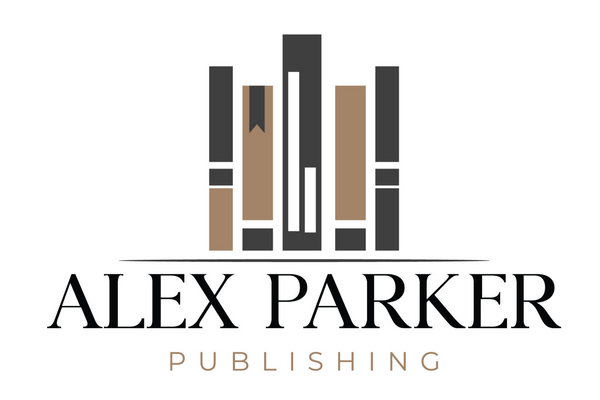
For decades, working with a traditional publisher has been the quintessential author's dream. However, as publishing evolves, there are many more paths to authors getting their books on the shelves. The pros of working with a traditional publisher are prestige/artistic validation, no financial obligations from the author, a widespread distribution network, and higher advances. However, traditional publishers often look at trend forecasting and seek specific stories to fill these buckets. They accept a small percentage of agent-represented authors, which can be a very long journey from a timing perspective.
Small publishers strive to do what traditional publishers do but on a smaller scale. Though not from a 'big five' publishing house, authors still receive artistic validation. The small press covers financials such as editing, artwork, and marketing. However, small presses often do not have the same distribution level as big five publishers and may not have as many industry connections. They accept a higher percentage of un-agented authors and typically take less time to publish than traditional methods. Pros of working with a small press are maintaining a more personalized experience, personal attention, and more room for creative input and collaboration.
Hybrid presses have many of the same pros and cons as a small publisher, however, they expect authors to offer financial contributions toward editing, artwork, etc.
In self-publishing, the author maintains all the control, speed, flexibility, and royalties. However, the author must put significant personal effort toward editing, cover design, marketing, and distribution. It is a significant amount of work. Finally, and the biggest I hear regularly, is credibility hurdles. Self-published books face more skepticism from readers and industry professionals.
--
--
When weighing the options of seeking traditional publishers versus self-publishing, there are always options to consider, primarily based on your particular wants for your work.
Speak to other authors you know or ask to speak with authors who work with the agent or publisher. And no matter what, always get a contract!
Comment below on what is most important to you in your author journey.

